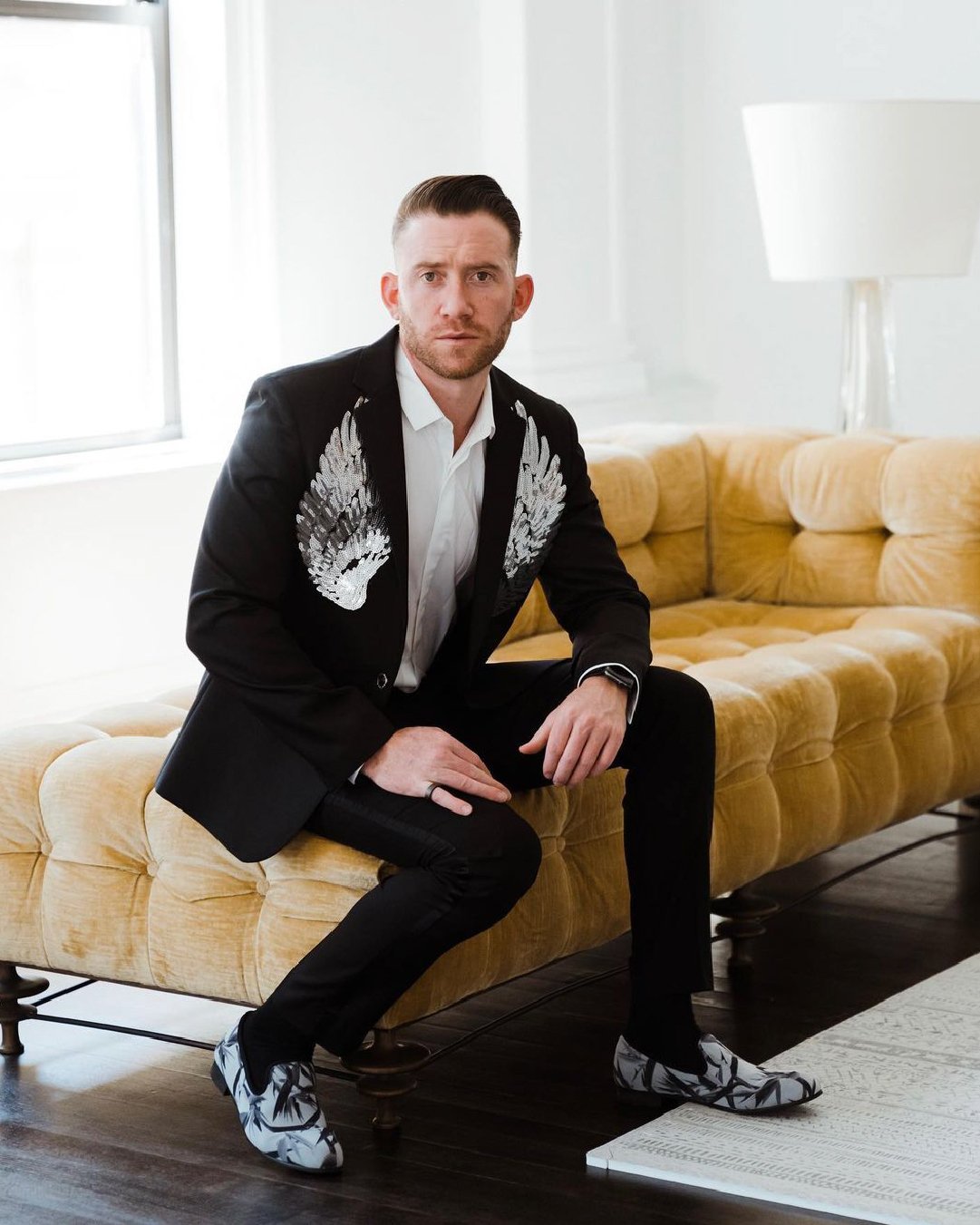Interviewed by Rishika Garg: April 2021

How did this idea come to your mind to start EnergyX?
Renewable energy is going to be one of the five biggest industries in the entire world in the next 10-20 years. Also, I have been both a Tesla shareholder and car owner since 2013, witnessing the rise of the company before most saw it coming. It gave me great conviction on the future of renewable energy, leading
me to where I wanted to focus my time and effort. To this end, in early 2018, I found myself exploring the high desert salt flats of Salar de Uyuni, Bolivia.
To my surprise, I discovered this salt flat also happens to be the largest lithium reserve in the world. Until this moment, I had never thought about where lithium, the most important material in rechargeable batteries such as the one that powers my Tesla, comes from. Even today, there are only 2 million EV’s produced per year, while some predict there will be 50m per year in 2040. We are going to need orders of magnitude more lithium as our society transitions towards a clean energy future, and this is why I decided to start EnergyX.
Can you tell us more about your work?
My mission at EnergyX is to accelerate and enable affordability for the broader use of lithium-based energy storage in everyday life. To that end, our company is focused on two key initiatives. The first is around developing direct lithium extraction (DLE) technology. Currently, lithium is produced using painstakingly slow, natural evaporation ponds. These ponds take 18 months to produce lithium and only recover 30% of the available lithium. DLE technology solves that by using mechanical separation to increase recovery rates, decrease time, and ultimately lower the cost of production to meet upcoming demand.
Second, EnergyX is working on next-generation solid-state battery technology. Longer, lasting, and more efficient batteries are key to a renewable energy future. If you think about how far computer chips have come from the 1980’s, battery technology will have a similar trajectory in terms of capacity and energy density. We are working on a battery that can drive 1000 miles per charge.
What motivates you?
Reversing the effects of climate change is a critical component for a better future. There are many ways to leave the planet a better place than you found it, but if I can do my part in pushing humanity forward, ultimately, this is what motivates me. On a more granular level, I think a lot about innovation, creativity, and design in the efforts I am putting forth behind EnergyX. We are at the cutting edge of new electrochemical science. This is exciting! Although it is extremely hard work, there is nothing like trying an experiment 1000 times but getting it right and achieving a breakthrough. The journey of learning is quite motivating itself.
What key activities would you recommend entrepreneurs invest their time in?
Initially, invest in yourself. At the beginning of any entrepreneur’s journey, it is you and your idea. I don’t care if it’s EnergyX or Amazon. At the beginning of Amazon, it was Jeff Bezos and his idea. I recently saw a post about the first book he ever sold on Amazon in 1995. Investing in yourself and your idea is the first main activity. Eventually, you want to invest in your team around you. You are only as strong as the people you surround yourself with, and it’s a good idea to surround yourself with people who are smarter than you. Make sure they are smarter than you, but always make sure you are the hardest working individual in your company and lead by example. At this point, I am far from the smartest person at EnergyX, but no one will work longer hours than me. I invest my time into the company to make sure every detail is perfect. As an entrepreneur, your company is your baby, and you need to give it absolutely everything you have in order for it to be successful. Not many understand how hard it is to truly succeed at building a successful business; there is no substitute for hard work in my mind, and I put EnergyX above all else.
What has been your most satisfying moment in business?
This might be weird to say, but I don’t think I have had a truly satisfying moment in business yet. This may be because my mind-set is to never be satisfied and always want to accomplish more, move to the next goal or milestone. Being an entrepreneur, literally, every day has ups and downs, usually small wins and major challenges. When I look back on what we have accomplished with EnergyX, the first license I signed with the University of Texas was a satisfying moment, each patent we filed was a satisfying moment, the partnership we established with Dr. John Goodenough, the Nobel Prize-winning inventor of the lithium-ion battery was a satisfying moment, and all the contracts we have signed with customers were satisfying moments.
The team of brilliant scientists and engineers, each new addition to the team was satisfying, and further, each investor who believes in our company enough to invest their own hard-earned money was satisfying, but the truth is we have so far to go and are only scratching the surface of our potential. I don’t like to look back on “satisfying” moments but rather look towards the future of what needs to get done tomorrow, and next week, next month, and year.
How do you generate new ideas?
Thomas Edison, the greatest inventor of all time, who held over 1000 patents, famously said, “Everything on earth depends on will. I never had an idea in my life. I’ve got no imagination. I never dream. My so-called inventions already existed in the environment — I took them out. I’ve created nothing. Nobody does. There’s no such thing as an idea being brain-born; everything comes from the outside. The industrious one coaxes it from the environment; the drone lets it lie there while he goes off to the baseball game. The ‘genius’ hangs around his laboratory day and night. If anything happens, he’s there to catch it.” This certainly gives me perspective when I’m thinking of “new” ideas. Another important theory for generating new ideas is often spoken about by Charlie Munger, Warren Buffet’s right-hand man.
Rather than focusing on accepted practices or theories, if you study widely and deeply as an expert generalist in many fields, such as design, microeconomics, psychology, law, mathematics, biology, engineering, etc., and apply those insights to idea generation, a few things will occur.
1) You will see the world more accurately and make better predictions of the future because you are not as susceptible to the biases and assumptions prevailing in any given field or community.
2) You will have more breakthrough ideas because you pull insights that already work in one area into ones where they haven’t been tried yet, and
3) You will build deeper connections with people who are different than you because of understanding their perspectives. Entrepreneurs and individuals who have the ability and curiosity to master and collect expertise in many different disciplines, industries, skills, capabilities, and topics are the ones who have the ability to draw on that palette of diverse knowledge to recognize patterns and connect the dots across multiple areas coming up with unique, innovative ideas.







